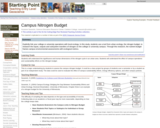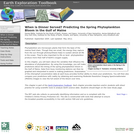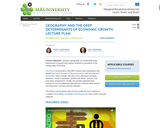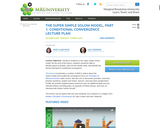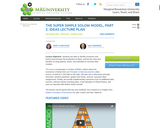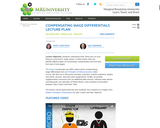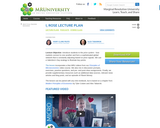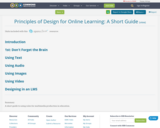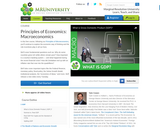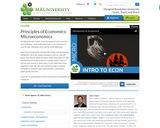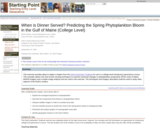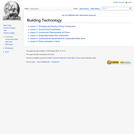
Floor construction is the most serious activity in the building process serving as the main link between sub- structure and super-structure. Apart from the foundation, the floor of the building serves as the most immediate support for super-structure. The loads of the walls and columns and imposed loads are first transmitted to the floor before reaching the foundation concrete. The inability of a floor to support the above loads and onward transmission will indicate the ineffective nature of the whole building. To ensure that floors are effectively constructed and serve the desired purpose, the knowledge of appropriate principles and practice is very necessary. Your knowledge of these principles and their application will enable you to understand and undertake floor construction competently.
- Material Type:
- Full Course
- Homework/Assignment
- Reading
- Provider:
- WikiEducator
- Date Added:
- 02/16/2011
